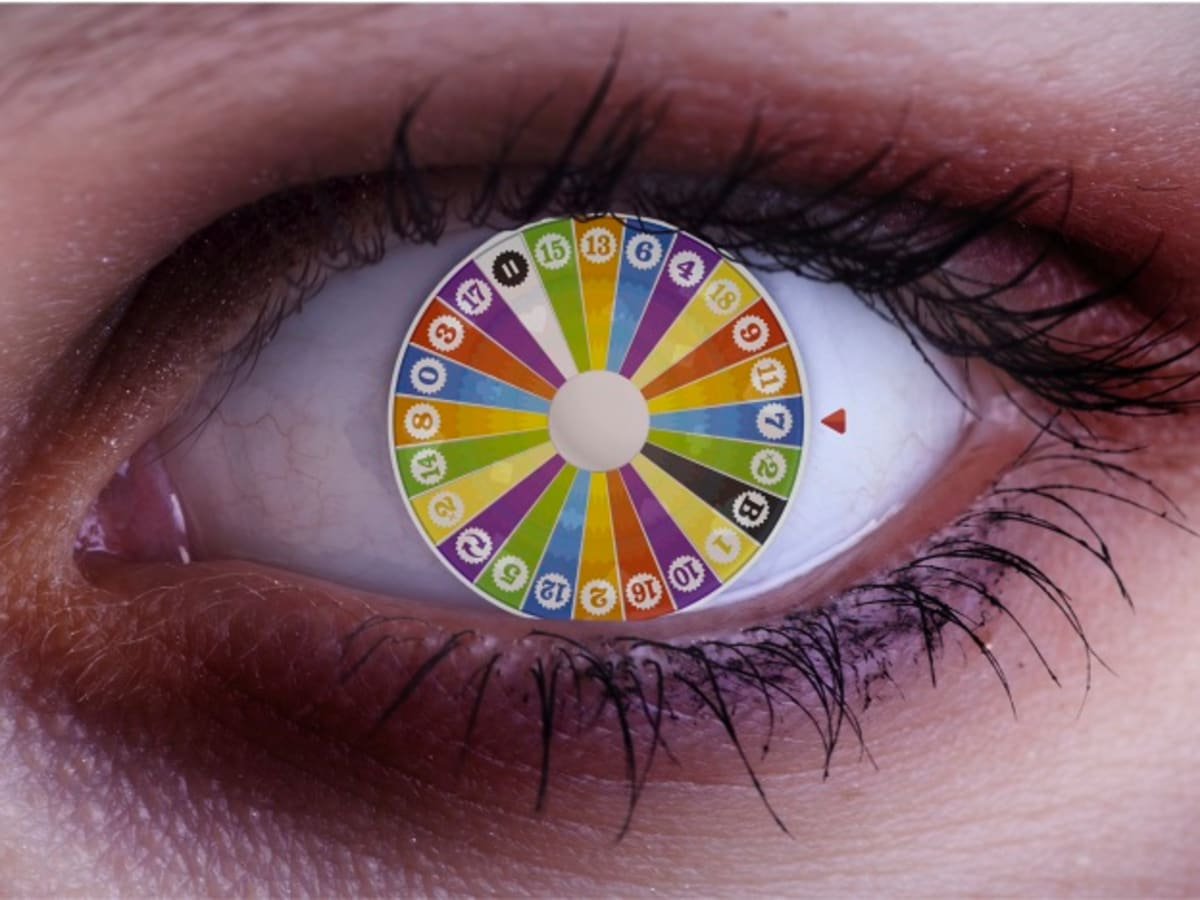The Effect of Pathological Gambling on Families/ Marriages, and Children By Martha C. Shaw, BA, Kelsie T. Forbush, MA, Jessica Schlinder, BA, Eugene Rosenman, MD, and Donald W. Black, MD ABSTRACT Pathological gambling (PG) is widely reported to have negative consequences on marriages, families, and children. Because gambling could be considered a form of marital misconduct, the court could use problem gambling as a basis for an unequal distribution of the marital estate. One can debate the pros and cons of gambling as social or economic policy, but with regard to.
On This Page:
Approximately 10 million people in the United States live with a gambling addiction problem. A gambling addiction occurs when a person continues to gamble despite negative effects that may impact their finances, relationships, or well-being. Gambling addiction involves compulsions to seek out gambling, betting, and wagering, and the end result can be devastating for the gambler as well as his or her family.1People who struggle with a gambling or shopping problem often hide their issues out of shame and a desire for secrecy.

This often delays recovery and treatment and allows a gambling addiction to lead to other serious effects, including loss of jobs, failed relationships, and severe debt. Problem gambling is often associated with mental health problems, including depression, anxiety, and mood disorders. Gambling problems don’t just affect mental health. People who have struggled with gambling benefit greatly from treatment and often also need family counseling and financial coaching to fully recover.

Christine’s Story
“You have to do the work in all areas of your recovery, including your finances. I chose to not do all the work necessary for a well-rounded recovery. Even though I was no longer actively gambling, my financial and legal troubles told me I still needed to work with a gambling addiction specialist. After my troubles occurred, I worked with a specialist for a year while I went through the legal mess I created.
Gambling Effects On Marriage History
“Now that I have reached eight and a half years in recovery from gambling addiction and alcohol abuse, I know it is my job, my duty, to be of recovery service to others. Life today is good!”
— Read Christine C.’s story and more at www.HeroesInRecovery.com
The Cost of Problem Gambling in Your Community
Studies have shown that more than $6 billion has been lost each year to gambling addictions. This problem is far-reaching and can cause both individuals and companies to panic and act in ways they would not normally act.1
Gambling addictions also place a severe hardship on prison systems, public assistance programs, and legal systems. There are many consequences of gambling addictions that result in community economic costs.

Some community gambling addiction dangers include:
- Increased rates of unemployment
- Bankruptcy
- Fraud and check forgery
- Forced home sales
- Increased alcohol and drug abuse
- Poor mental and physical health of individuals and families
How Gambling Impacts the Individual and Family
While the addicted person will definitely suffer during a gambling addiction, that person’s family will also face challenges. The stress that the problem gambler experiences may cause irritable behavior, secrecy, and arguments. Calls from creditors and bill collectors erode relationships. Financial strains impact all family members, and strained relationships make the experience difficult for even extended family members, friends, and colleagues.
The children of gambling addicts also suffer in many ways, including:
- Emotional neglect and abandonment (and even physical abandonment) when one parent is consumed in an addiction.
- Stressed and irritable parents may lash out at children angrily, and even if they do not, these children can sense their parents’ tension.
- Children of people with gambling addiction are at higher risk of experiencing their own addictions later in life.
If You Can’t Stop Gambling, Your Life Will Be Forever Changed
The effects of a gambling addiction are often quite clear. A large number of people who engage in compulsive gambling will use credit cards and debit cards to pay casinos or internet gambling organizations. If you engage in problem gambling, you will most likely incur debt, damage your relationships, and lose sight of your goals in life.

There are many ways that an untreated gambling addiction can change your life.
Causes And Effects Of Gambling
- Family problems are very common. Almost all compulsive gamblers around the world have issues at home with their family because of their addiction.
- Financial devastation is unavoidable. People with a gambling addiction will go to extreme measures to get money to gamble. Many people eventually resort to stealing, taking out large loans, or other desperate means that are out-of-character.
- Job loss is very high among gambling addicts. Gambling addiction may lead you to miss work, or come to work distracted. Gambling addictions will interfere with work relations, promotions, and employment.
No matter how bad a gambling addiction has become, it is possible to turn things around. Call us for help today at 269-280-4673.
Is a Gambling Addiction Impacting Your Marriage?
Problems with gambling can cause serious financial problems as well as a serious strain on a marriage. People with gambling addictions may exhibit a lot of extreme behaviors that can result in financial ruin. Many compulsive gamblers resort to illegal activity, such as stealing, to continue their habits. Gambling addiction bears much similarity to people addicted to drugs and alcohol. People often think that they have their gambling under control and insist they can stop at any time. They also tend to minimize the impact their addiction has on others. Gambling addiction is treatable for people who want help.
Signs of a gambling problem include a pre-occupation with gambling. People with gambling problems think about gambling a lot. Their thoughts and their behaviors impact other areas of their life. It may disrupt social activities, cause occupational problems, or cause financial problems. People with gambling addictions continue to devote more time and money toward gambling, despite the problems it causes. It can even become a problem for people who don’t gamble very often.
For gamblers who want help with their addiction, a variety of treatment options are available. Cognitive-behavioral therapy can help people learn new skills. It teaches people how to change their thoughts and behaviors that contribute to gambling. Gamblers Anonymous provides group treatment for people in a way that is similar to Alcoholics Anonymous.
If you suspect your partner has a gambling addiction, talk to your partner and encourage him/her to seek help. Often, people become defensive about their gambling. Your partner may also grow increasingly secretive about money and spending habits. It can be very difficult to be the partner of a problem gambler.
There are some ways to seek help, even if your partner refuses. Consider therapy to help you sort out your feelings and to develop strategies to help you set limits and boundaries. Learning how to respond to your partner’s requests for money and how to handle the household finances effectively can be difficult. Also consider Gam-Anon. It is a group for spouses, family, and friends of gambling addicts and can provide support regarding the addiction.
Articles On Effects Of Gambling
Related Posts
Gambling On Facebook

Gambling Effects On Family
- Is Computer Addiction Impacting Your Marriage?
- Addiction in Families
- Are Self-Destructive Behaviors Impacting Your Marriage?
- Is Marijuana Impacting Your Relationship?
- Are Physical Health Issues Impacting Your Marriage?